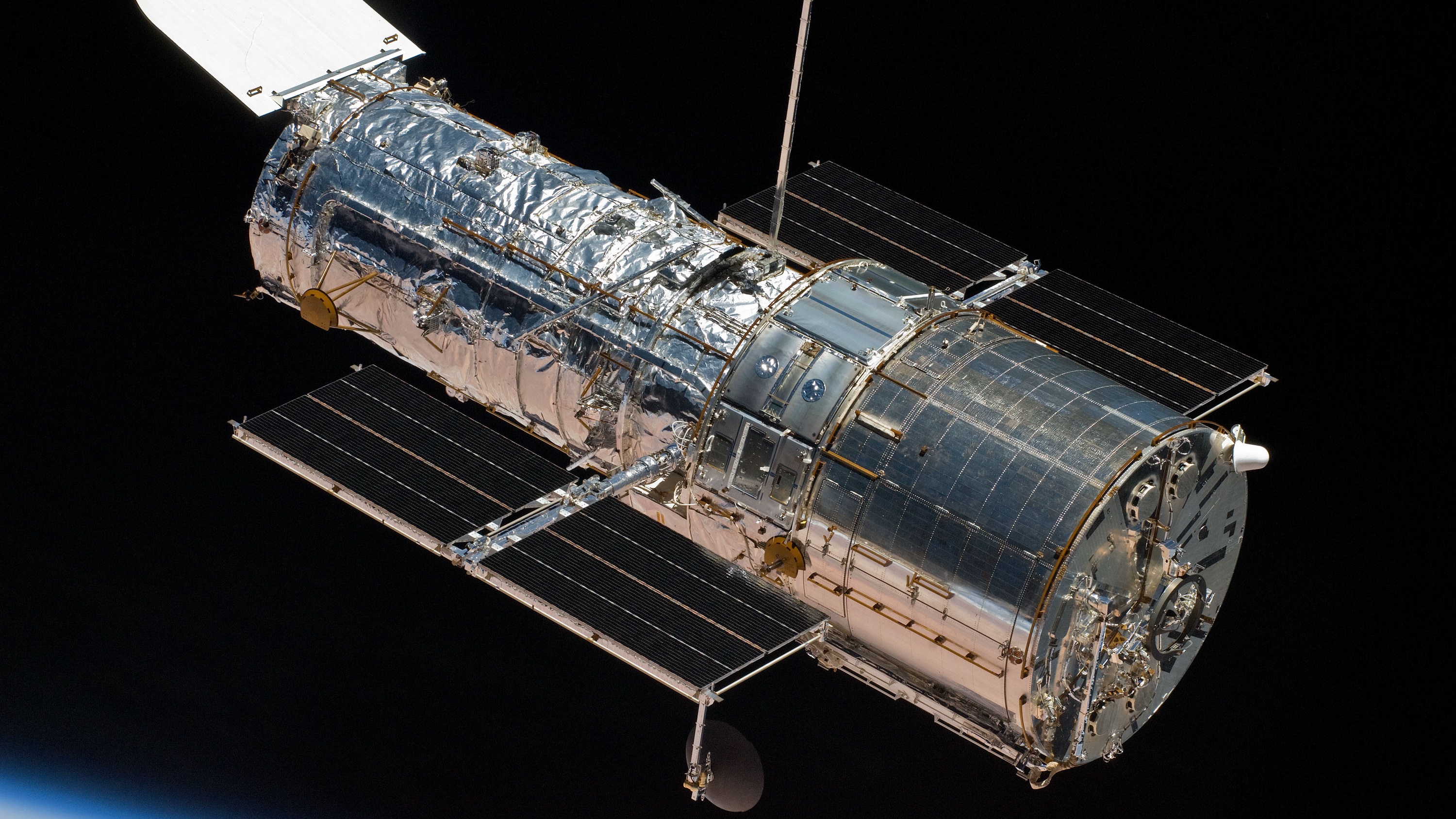NASA Team Heads to Chile to Help Trapped Miners

A four-personteam from NASA is heading to Chile this week to provide assistance in the attemptedrescue of 33 trapped miners.
Thetwo physicians, one psychologist and one engineer from the U.S. space agency planto provide nutritionaland psychological support for the miners, who have been trapped 2,300 feet(700 meters) below the Earth's surface since Aug. 5.
"NASAis providing advice," said one of the team members, deputy chief medicalofficer Michael Duncan, in a NASA TV broadcast. "Our plan is to go downand provide the advice that the Chileans have requested in the areas ofnutritional support and behavioral health support."
Duncan,of the agency's Johnson Space Center in Houston, and the other team members areexpected to hold a news conference Tuesday in Chile's capital, Santiago, NASAspokesman William Jeffs told SPACE.com. [Graphic:Perils of Underground Mining]
Last weekthe Chilean government requested advice from NASA on how the miners can copewith the tough physical and psychological conditions as they wait for rescuers to reachtheir cavern, an effort that could take four months.
After the smallgold and copper mine in northern Chile collapsed, rescuers were able to dig a6-inch-wide tunnel to make contact with the trapped miners. But the rescue mission involvesdrilling a 2-foot-wide (0.6-meter) tunnel through 2,200 feet (670 meters) ofsolid rock.
For advice, Chileanofficials called upon NASA, which routinely trains astronauts for the isolationof months-long International Space Station missions.
Get the Space.com Newsletter
Breaking space news, the latest updates on rocket launches, skywatching events and more!
"NASAhas had a long experience in dealing with isolated environments," Duncansaid. "We train and plan contingencies for emergencies and we also haveexperience in other analog environments ? undersea environments, and somedealings with our Antarctica analog as well."
Although NASAdoes not have training programs for the exact conditions facing the Chileanminers, what it has learned can still apply, said Duncan.
"Environmentsmay well be different, but human response ? both in physiology and behaviorresponses to emergencies ? is quite similar," he explained. "So wethink that some of the things we've learned in research or in operations can beapplicable to the miners that are trapped underground."
Join our Space Forums to keep talking space on the latest missions, night sky and more! And if you have a news tip, correction or comment, let us know at: community@space.com.

Denise Chow is a former Space.com staff writer who then worked as assistant managing editor at Live Science before moving to NBC News as a science reporter, where she focuses on general science and climate change. She spent two years with Space.com, writing about rocket launches and covering NASA's final three space shuttle missions, before joining the Live Science team in 2013. A Canadian transplant, Denise has a bachelor's degree from the University of Toronto, and a master's degree in journalism from New York University. At NBC News, Denise covers general science and climate change.









